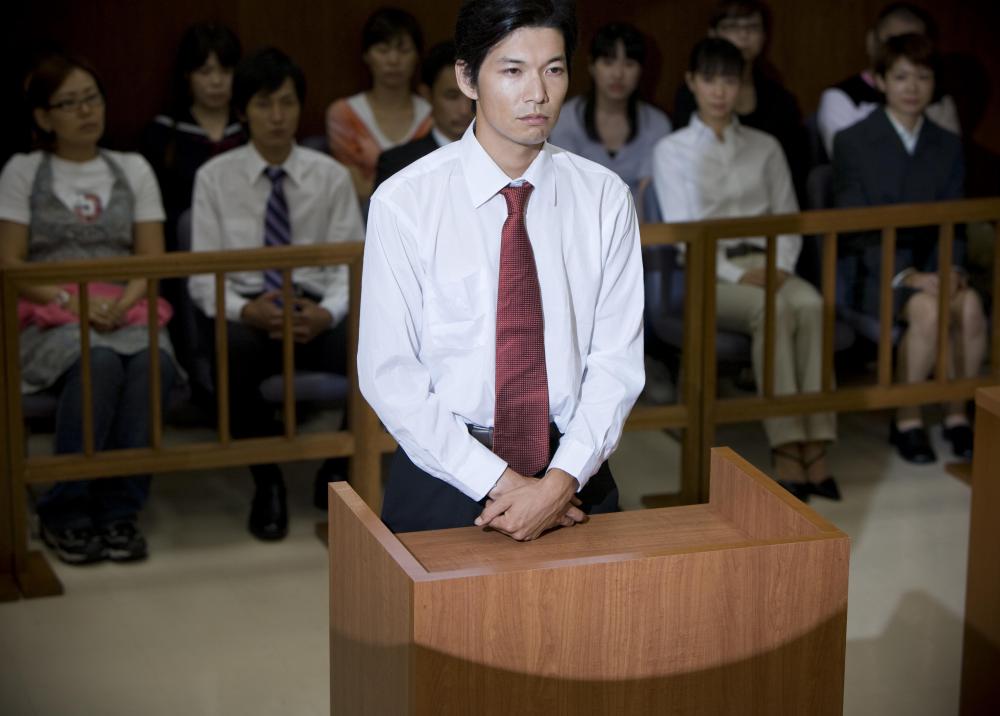At WiseGEEK, we're committed to delivering accurate, trustworthy information. Our expert-authored content is rigorously fact-checked and sourced from credible authorities. Discover how we uphold the highest standards in providing you with reliable knowledge.
What is Probate Court?
Probate court is a venue in which a judge supervises the distribution of a deceased person’s assets in accordance with the person’s will. Assets can include real estate, investments, bank accounts, and personal property. One of the primary functions of the court is to decide any challenges relating to the validity of the deceased’s will, although the court will also oversee asset distribution for individuals who die without a will. Additionally, a probate court typically hears any disagreements among people claiming to be entitled to a share of the deceased’s assets. The court also supervises the payment of the deceased’s debts and clears title to property, like investments or real estate, that were in the deceased’s name only.
During a typical probate proceeding, the deceased person’s will is validated and handed over to the court. The will can be validated by an affidavit of a witness to the signing of the will. Alternatively, wills are sometimes validated by having witnesses to the will testify that the deceased was of sound mind when signing the will.

Next, the probate court generally selects a personal representative to handle the deceased’s estate. If the will names a personal representative, the court usually defers to the will. If the will does not specify a representative, the court may choose one. More often than not, a surviving spouse, close relative, or adult child is selected to manage the deceased’s affairs. Sometimes a probate lawyer, bank, or trust company will serve as a representative.

Once the representative has been selected, the deceased’s creditors are given notice. This notice specifies that the creditors must bring any claims against the estate for the deceased’s outstanding debts. Additionally, any heirs or beneficiaries are notified that the will is in probate court. The personal representative then inventories all of the deceased’s assets and pays outstanding debts as well as any inheritance, gift, or estate taxes that are owed. The probate court approves the personal representative’s accounting of assets and payment of outstanding debts or taxes, and the remaining assets are distributed to the will beneficiaries.
Distribution of a deceased person’s assets does not always occur under the supervision of a probate court. For example, if a deceased person leaves few assets behind, those assets are generally given to the rightful beneficiaries without a probate court’s oversight. If a person has established a trust, then the assets are distributed in accordance with the trust rather than under a probate court’s supervision. Probate is also not required if the deceased owned property with another person. In that case, the surviving co-owner usually inherits the property automatically.
AS FEATURED ON:
AS FEATURED ON:












Discuss this Article
Post your comments